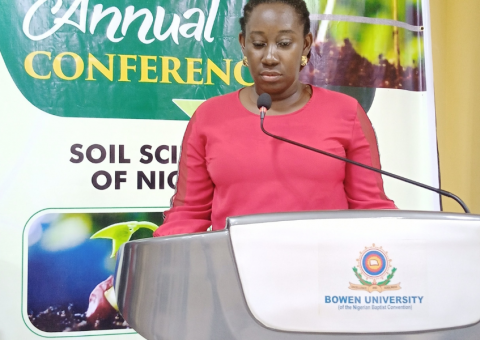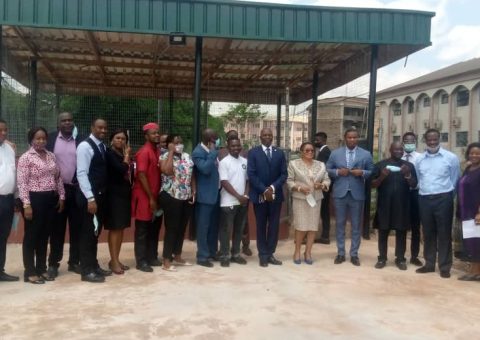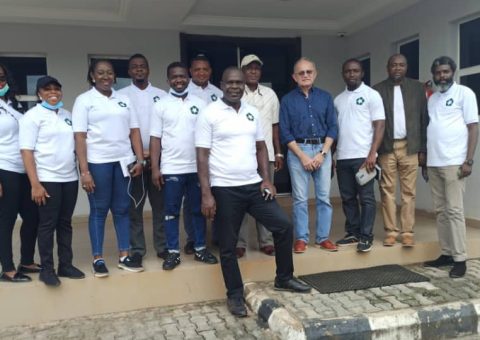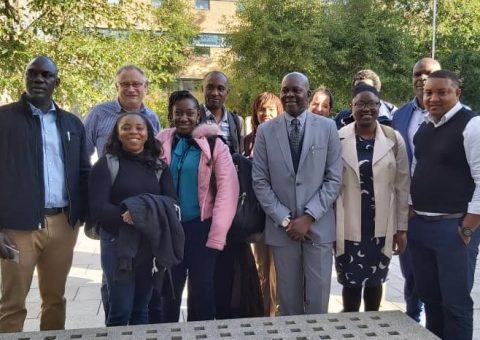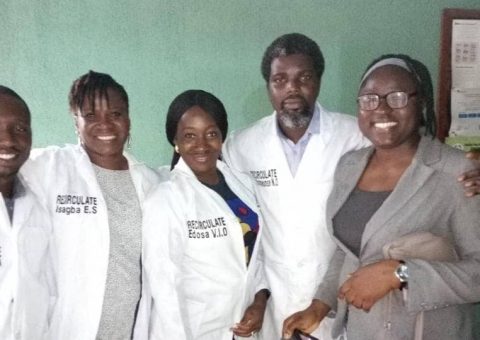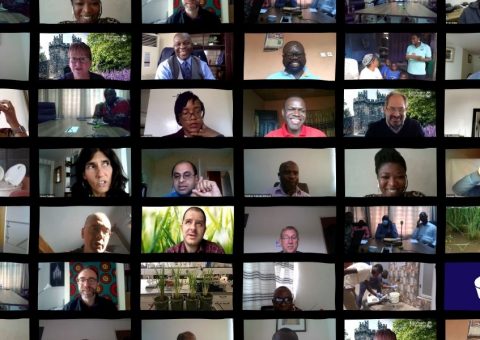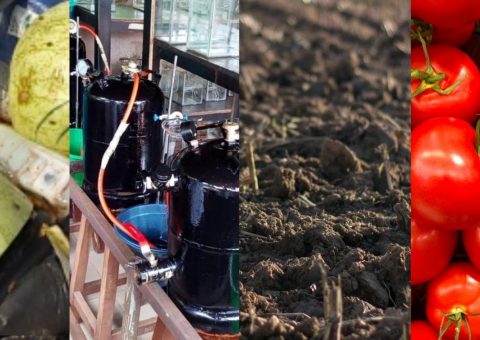
RECIRCULATE
Driving eco-innovation in Africa. Capacity building for a safe circular water economy.
Water for Energy Production

How can agricultural communities in West Africa benefit from anaerobic digestion of waste?
Can digestate from anaerobic digestion be effectively pasteurised to respond to the pathogen challenges of West Africa and be utilised in agricultural applications?
When waste materials (including human and food waste) are brought together in anaerobic digestion (AD) for biogas energy production the resulting waste product (“digestate”) has the potential to be used as a fertilizer within cropping systems (Riding et al., 2015).
However, such use depends on effective pasteurisation to prevent the transmission of human pathogens. Conventional pasteurisation technologies, widely employed in anaerobic digestion across the UK and Europe are extremely energy intensive, increasing operating costs and reducing net energy yields.
Consequently, the core research questions of this work-package have been defined as:
- Can digestate from anaerobic digestion be effectively pasteurised to respond to the pathogen challenges of West Africa by employing low thermal intensity processes coupled with the anaerobic digestion?
- What is the value of [pasteurized] digestate in irrigation and delivery of nutrient and soil conditioning values?
- How can research results be used to develop and define good practice for its agricultural application taking account of attitudes to the use of “waste” in different communities?
WP4 updates
RECIRCULATE researcher presents at SSSN’21
University of Benin Vice Chancellor visit
PARTICIPATE with RECIRCULATE & ACTUATE – A Waste to Wealth Webinar
Greenenergy: extending bioenergy action to a new generation
If you build it, they will understand
The birth of an idea
Science communication: You sabi say nobi evri bodi sabi speak did oyibo, Yen nyinaa enka brofo!
A “Woman In Research”, and much more
2020 Annual Meeting goes virtual
Turning Waste into Energy & Safe Fertilizer in Nigeria
Spotlight interview – Professor Christopher Emokaro
© 2020 Lancaster University

